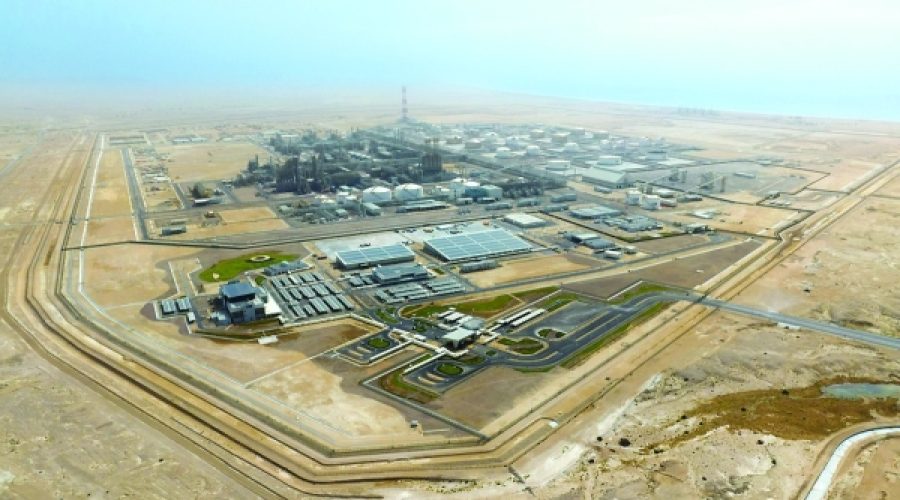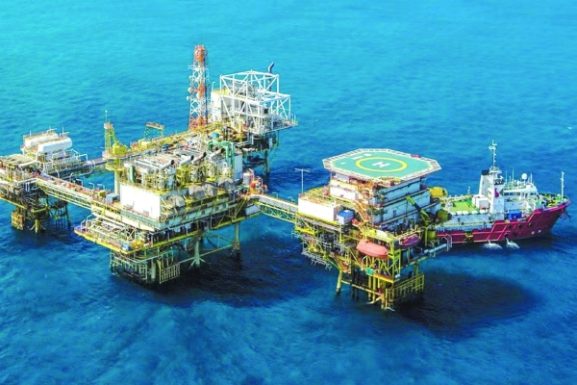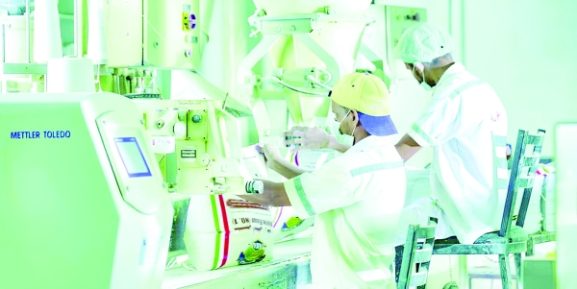Duqm Refinery: Pioneering Sustainable Industry and New Investment Opportunities in Oman
MUSCAT: The Duqm Refinery (OQ8), situated within the Duqm Special Economic Zone, exemplifies Oman’s commitment to sustainable industrial transformation. By integrating operational efficiency, environmental stewardship, and community engagement, the refinery enhances Oman’s stature in the global energy sector while supporting the objectives of Oman Vision 2040 for a diversified and sustainable economy.
Engineer Abdullah bin Salim al Ajmi, CEO of Duqm Refinery, disclosed plans to increase production capacity by 10 percent beyond the current 255,000 barrels per day. This expansion is achievable through advanced operational efficiencies without the need for additional capital investment.
Constructed at a cost of RO 3.5 billion ($9 billion), the refinery reached full capacity in early 2024 after a smooth trial period. It passed its lenders’ reliability test within just ten months, marking one of the fastest achievements globally in the refining industry.
Since commencing full operations, the refinery has successfully exported over 560 petroleum shipments to international markets without any operational incidents. Exports peaked in August at approximately 295,000 barrels per day, reflecting robust performance and strong global confidence in Omani products.
The facility produces around 130,000 barrels of diesel, 61,000 barrels of naphtha, 22,000 barrels of jet fuel, and 15,000 barrels of LPG daily. More than half of its exports comprise middle distillates, aligning with global demand for higher-value, cleaner fuels.
To enhance operational flexibility, the refinery processes 11 varieties of crude oil, including Iraqi Basra and West African grades, thereby reducing dependence on Omani and Kuwaiti crudes. It is also upgrading low-margin products such as naphtha into higher-value reformate and increasing middle distillate output.
In terms of sustainability, the refinery operates a 47,000 m² solar power system that generates 6.2 gigawatt-hours annually. It converts 85 percent of hazardous waste into energy under a circular economy model, reused 3.4 million cubic meters of water, and planted over 2,000 seedlings in 2024 to promote afforestation and biodiversity.
Economically, local procurement reached RO 158.6 million ($412.4 million) in 2024, with RO 15 million directed to SMEs, accounting for nearly 9.5 percent of total local spending. This reflects the OQ Group’s commitment to supporting local content and economic development in the Al Wusta Governorate by fostering opportunities in logistics, energy, and contracting sectors.
Socially, the refinery implemented over 30 community initiatives last year, benefiting 31,000 people. Programs include the On the Green Path environmental education initiative, the Knowledge SME support project, and the Oxford University Summer Leadership Programme.
Training and national capacity building remain priorities, with 22,000 training hours delivered and Omanisation reaching 67.5 percent, surpassing set targets.
Engineer Al Ajmi highlighted that the Duqm Refinery’s achievement stems from its balance of economic growth and environmental responsibility, positioning it as a model of industrial excellence and a cornerstone of Oman’s sustainable future.
Special Analysis by Omanet | Navigate Oman’s Market
The Duqm Refinery’s rapid ramp-up and planned 10% production expansion signal robust growth in Oman’s energy sector, offering smart investors opportunities in downstream energy and sustainable industrial ventures. Its commitment to sustainability, local procurement, and SME support highlights a strategic shift towards a green, inclusive economy aligned with Oman Vision 2040, but businesses must also navigate risks tied to global crude price volatility and evolving environmental standards.



